Back
Satyam Kumar
Pocket says nil.. Mi... • 10m
Case Study: Nubbin – Bridging Memory and Reality Background: In the world of Black Mirror, technology often pushes the boundaries of possibility. One such concept was the Nubbin a brain-implant device created by the fictional company TCKR Systems. Though fictional, the Nubbin sparked global conversation about memory, consciousness, and the ethics of immersive technology. Problem: In modern society, people are increasingly seeking ways to capture, revisit, and even alter their experiences. Traditional methods like photos and videos only go so far. The question arises: what if we could relive our memories not just see them, but feel them? The Nubbin Concept: The Nubbin is imagined as a tiny neural chip implanted behind the ear. It enables users to: Revisit memories in a fully immersive way Edit or mute traumatic experiences Enter shared dreamlike environments Escape reality for therapeutic or recreational reasons It uses advanced AI to map emotional and sensory responses, making memory recall feel as real as the first moment it was lived. Impact (Fictional Use Case): In Black Mirror, the Nubbin was marketed as a healing tool for trauma survivors. One character, a grieving father, used the device to relive moments with his lost child. While it initially provided comfort, he gradually lost touch with reality, raising ethical questions about escapism vs. healing.
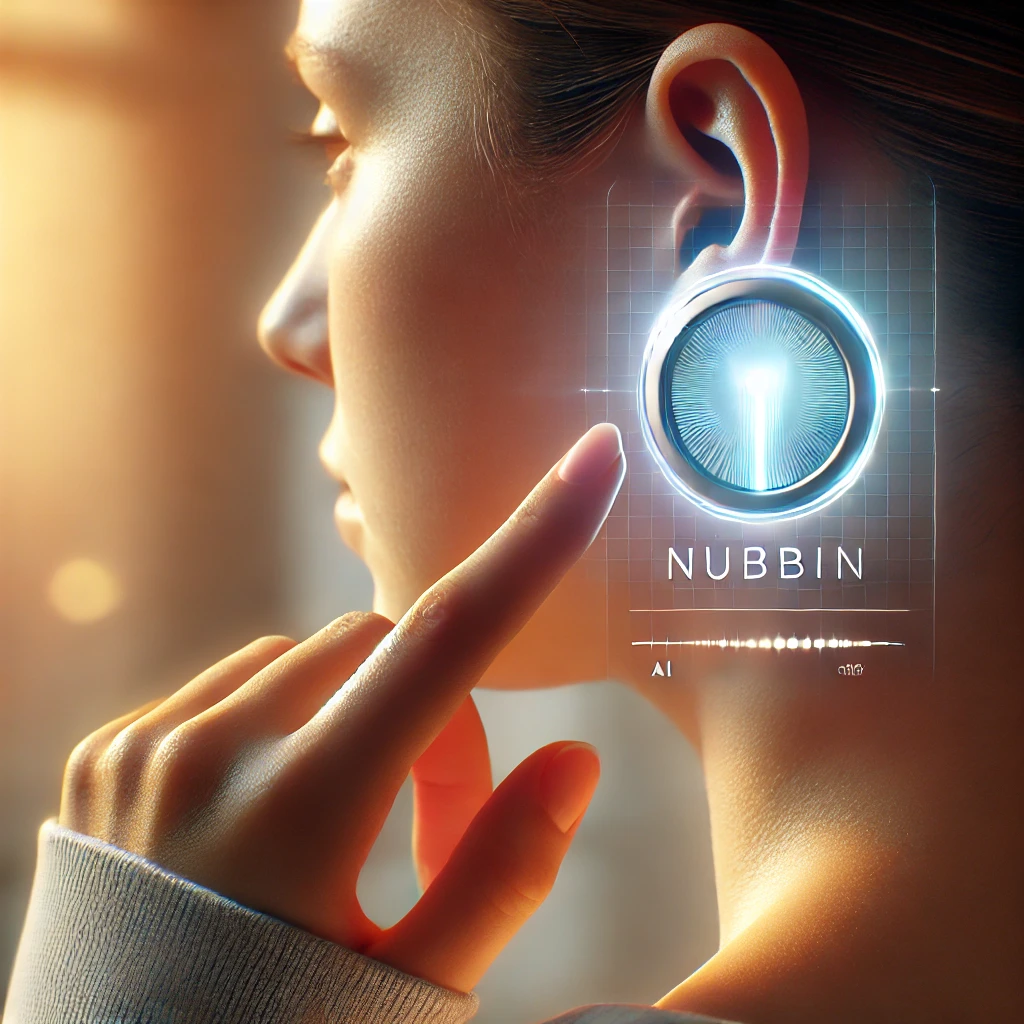
More like this
Recommendations from Medial
Pritam Biswas
Hey I am on Medial • 11m
EchoLife: A Wearable for Recording & Reliving Memories A small wearable device (like a pendant or wristband) that passively records your surroundings—sounds, temperature, location, heartbeat, even scents—and creates a memory capsule that can be re-ex
See MoreAryan Mankotia
FEAR IS JUST AN ILLU... • 11m
Revolutionizing Rehabilitation with PixelPeak At PixelPeak, we're pioneering the future of rehabilitation with Brain-Computer Interface (BCI) technology and Virtual Reality (VR). Our innovative platform enables: ✅ Doctor-Patient Virtual Interaction
See More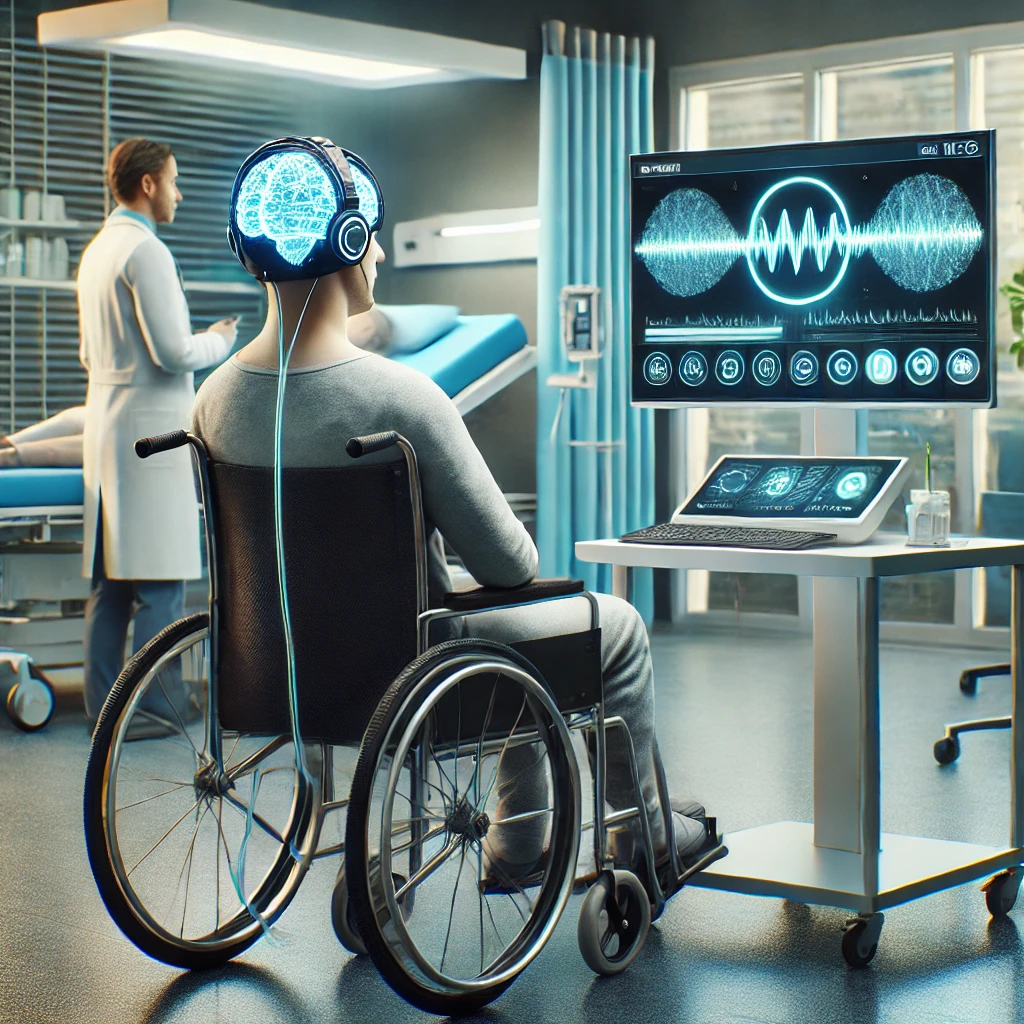
AjayEdupuganti
I like software and ... • 1y
Movie INSIDE OUT is genius!🙇 I think Dreams use RAM with a time to live, if we share them, they move to long-term memory Strong memories go on SSDs, weaker ones on hard disks The graph grows with relevant tags, and least frequently used policy k
See MoreAgrim Gupta
Founder & CEO Milap ... • 1y
🤙Milap Circle Challenges We Face: - ❌ Digital Dilemma: Guests often ignore digital invitations, even in today's tech-savvy world. - ❌ Last-Minute Hassles: Venue changes and urgent updates can throw off your plans. - ❌ Photo Famine: Gathering perso
See MoreJAIN College
JAIN College is comm... • 1y
Stepping back in time to the early days of JAIN College! This picture from the 90s, captured long before the era of social media, smartphones, and viral trends, takes us back to a time when memories were made in real time—without filters, reels, or
See More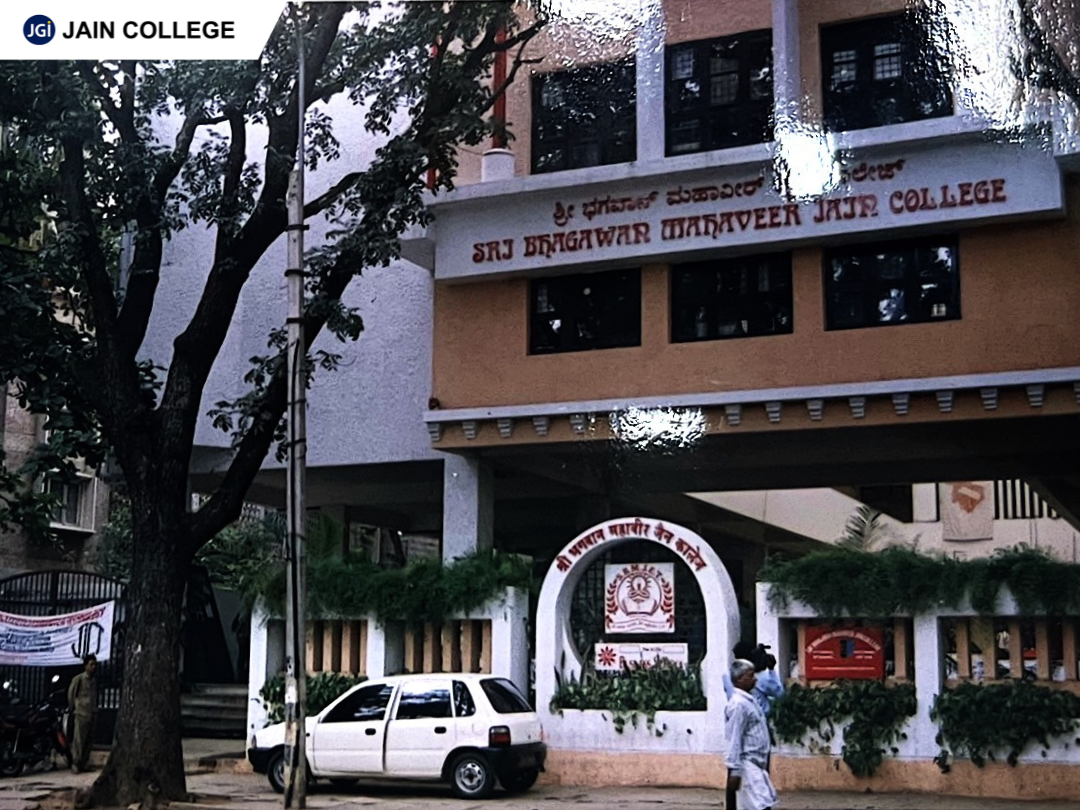
Download the medial app to read full posts, comements and news.


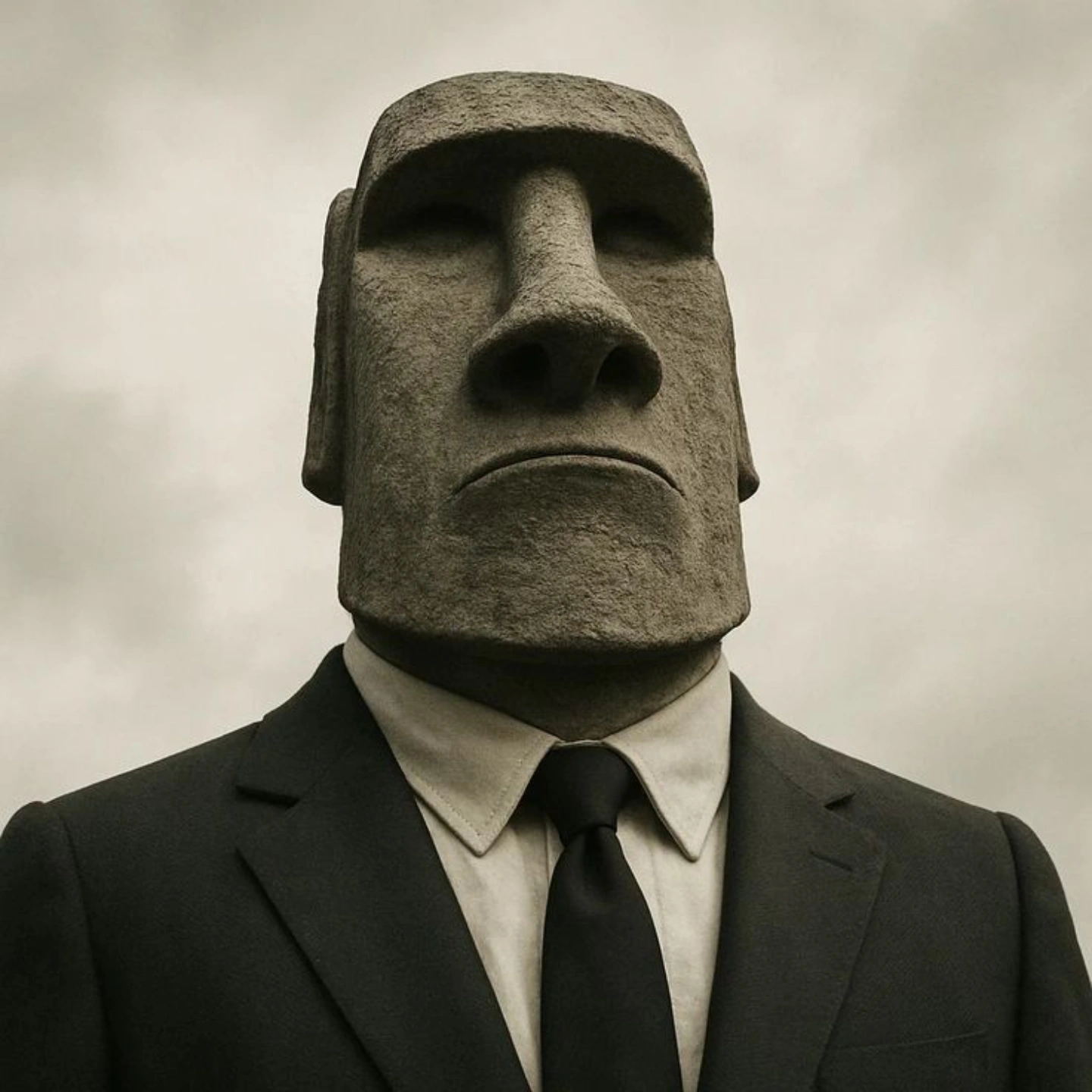


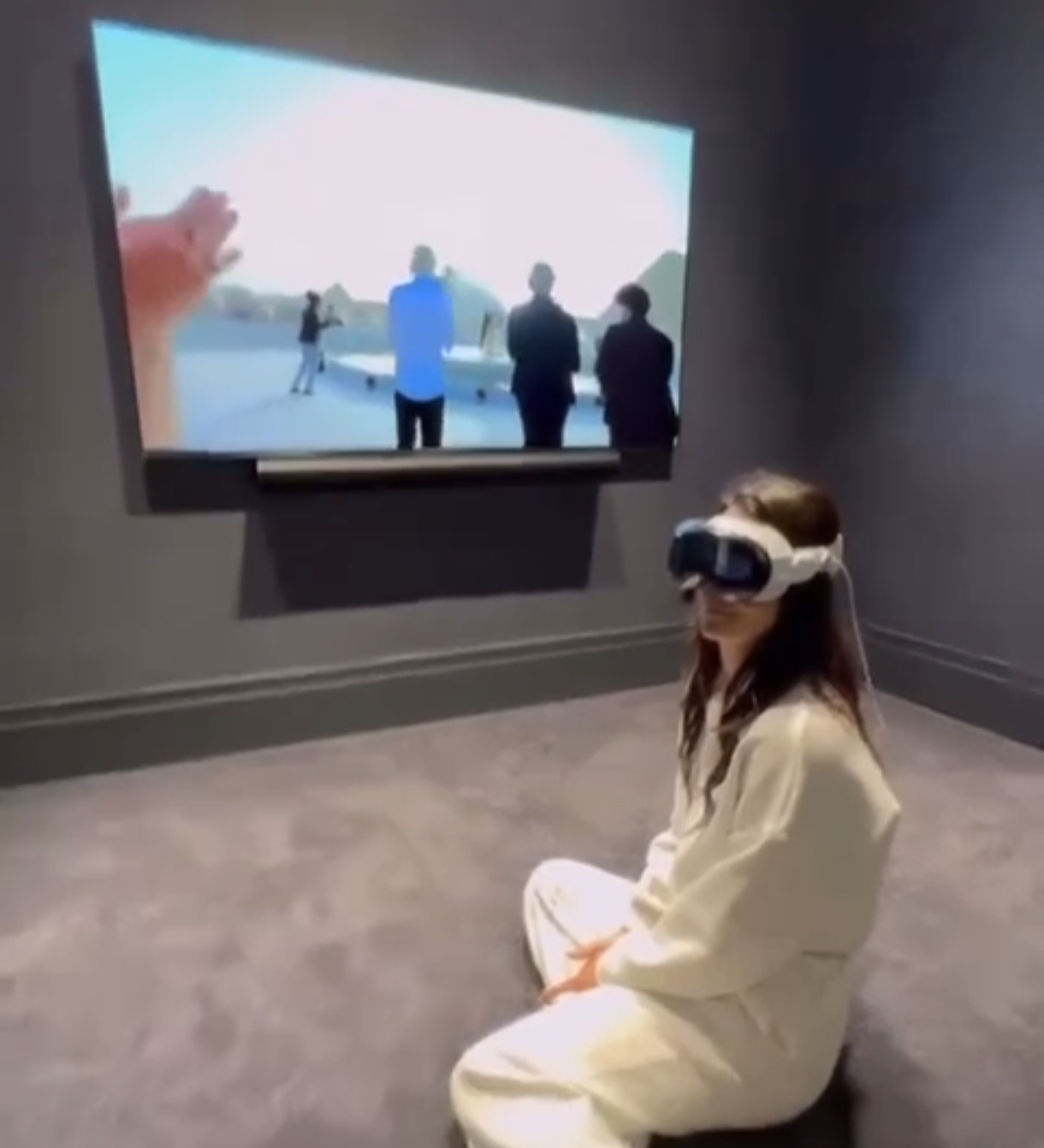
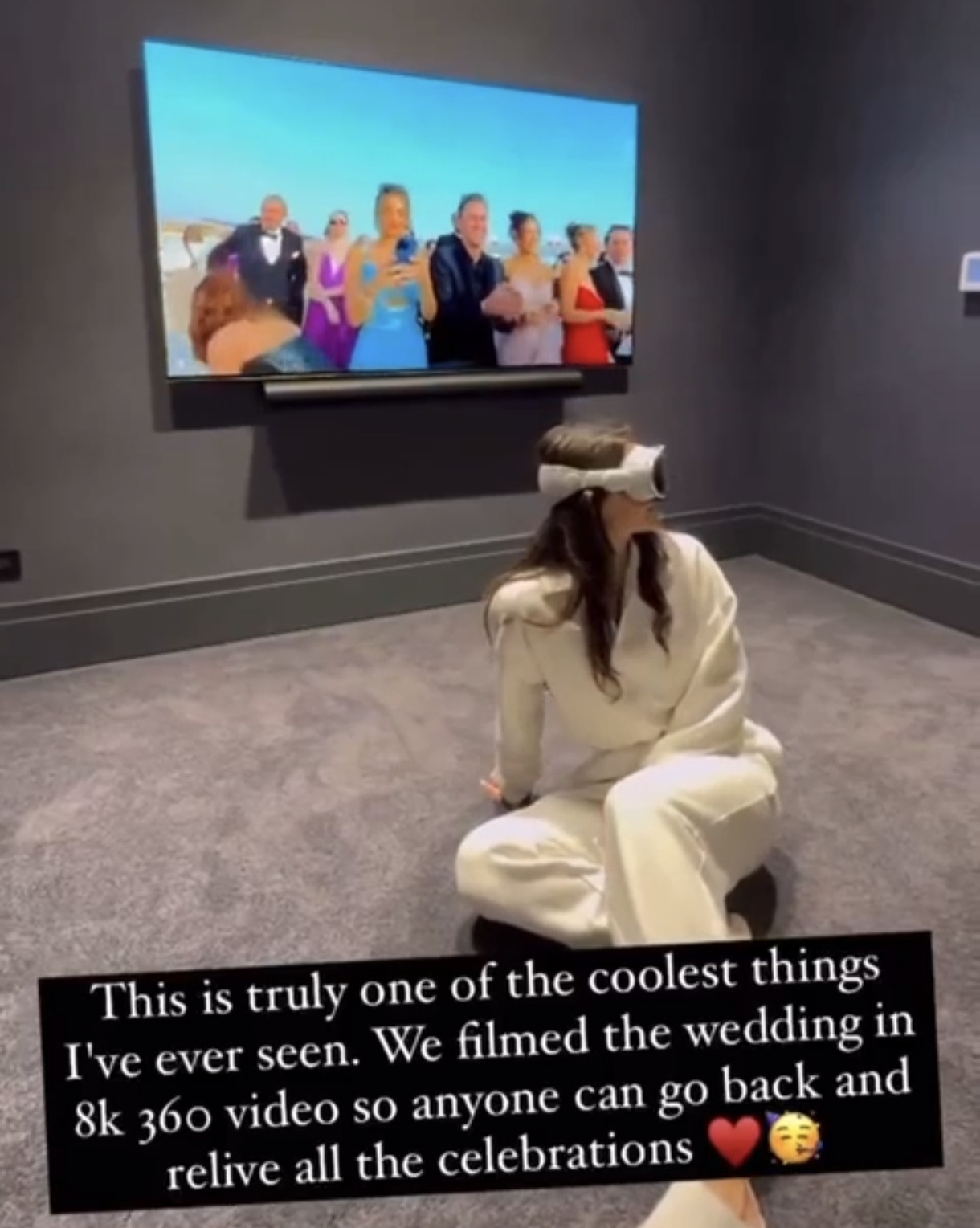

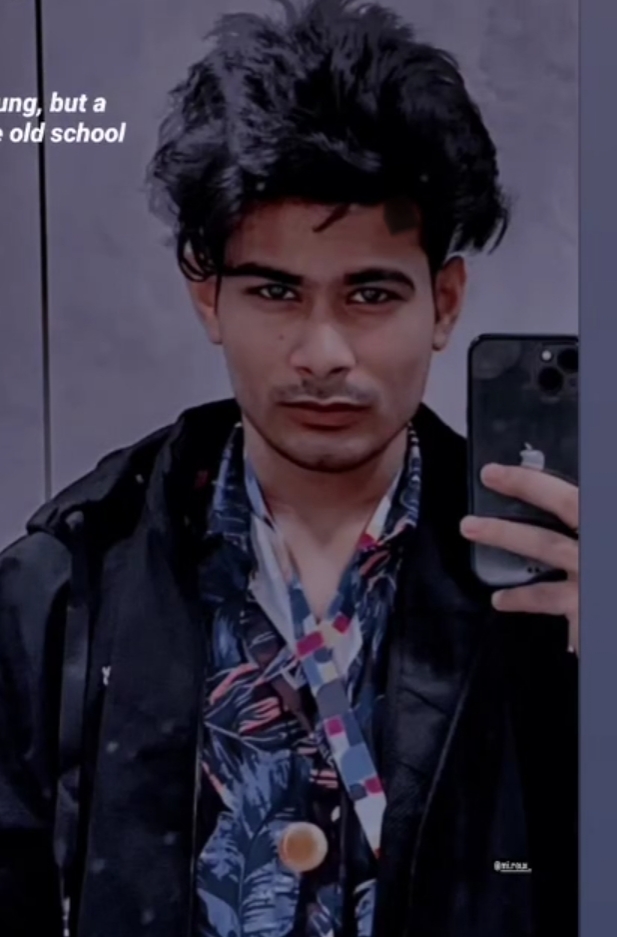
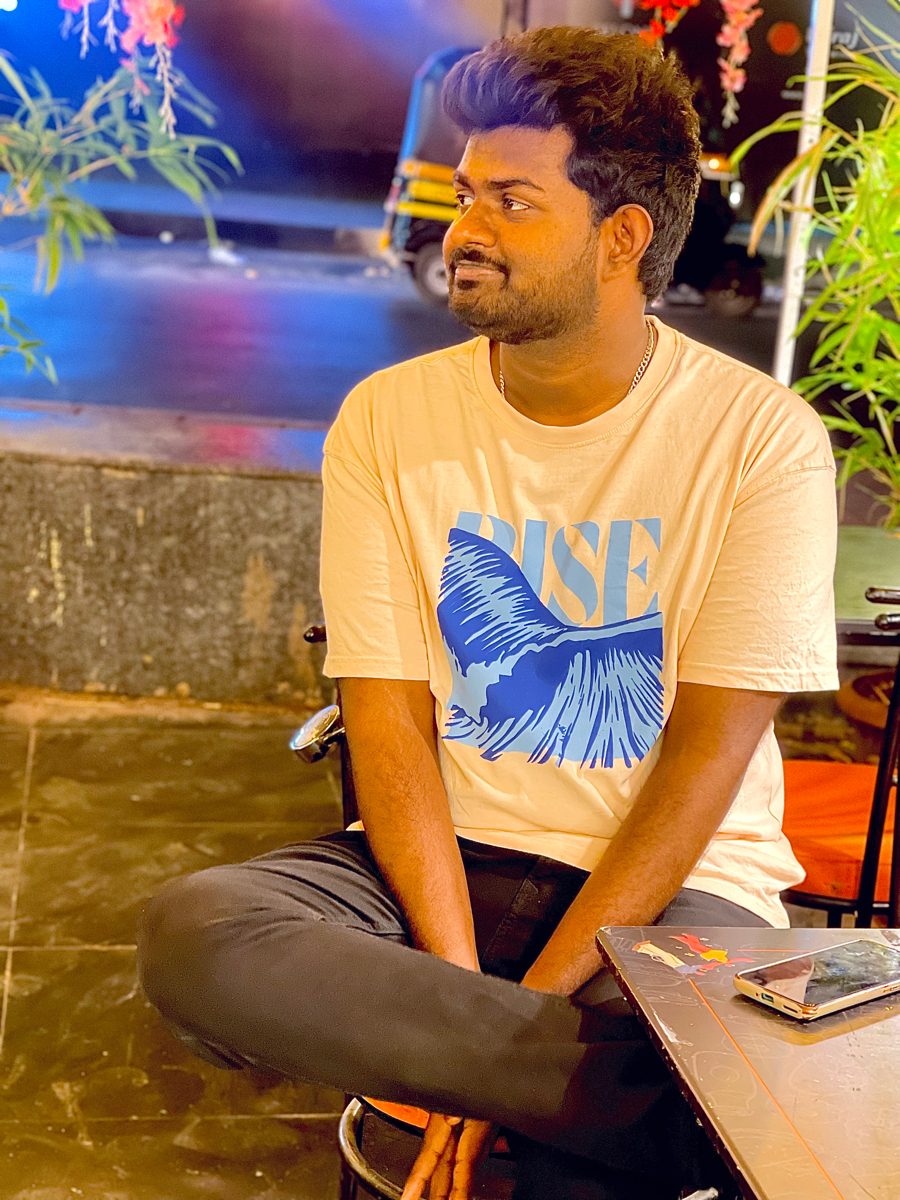



/entrackr/media/post_attachments/wp-content/uploads/2021/08/Accel-1.jpg)




















